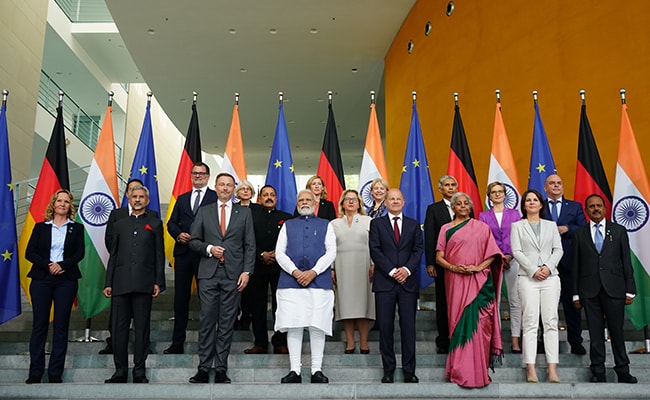Table of Contents
Global finance leaders are preparing to gather in India for a crucial meeting aimed at addressing various pressing issues concerning the global economy. The meeting, scheduled for July 17-18 in Gandhinagar, will be attended by finance ministers and central bank governors from the Group of 20 (G20) nations. Indian officials have highlighted several key topics that will be on the agenda, including increasing loans to developing nations from multilateral institutions, reforming the international debt architecture, regulations on cryptocurrency, and a multilateral agreement on taxing conglomerates with cross-border operations. The meeting will set the stage for a leaders summit to be held in New Delhi in September, making it a significant event with far-reaching implications.
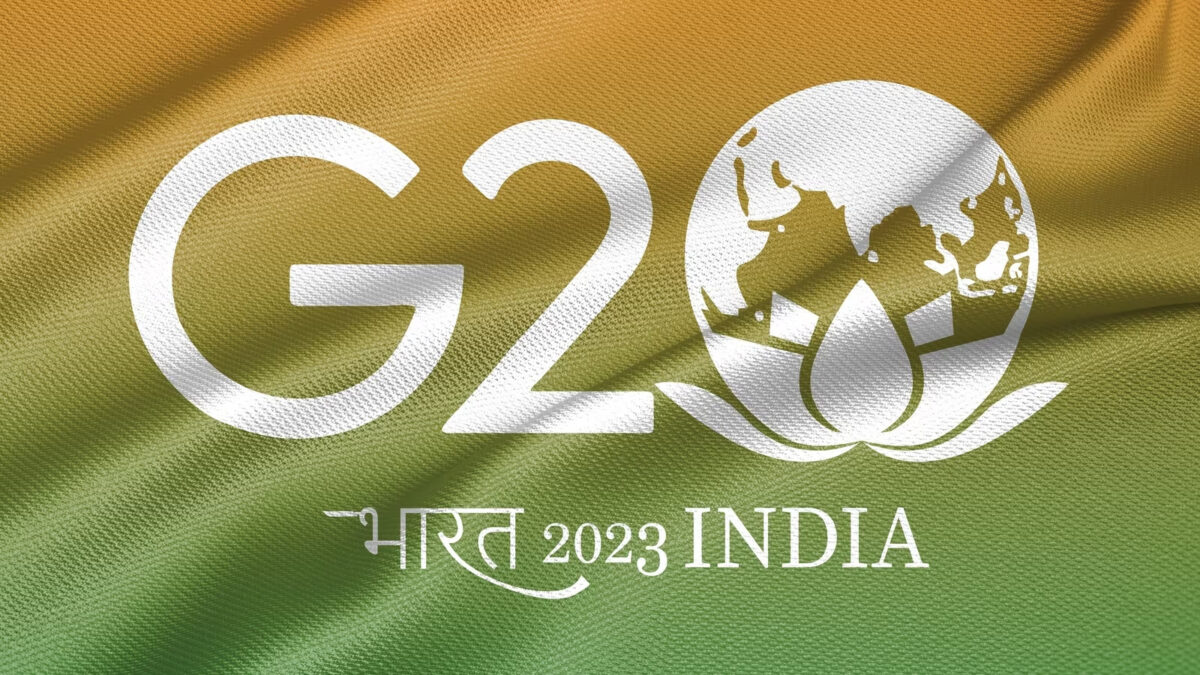
Introduction and Meeting Overview of G20 Gathering and High-profile Participants and Focus on Economic Issues
With the attendance of esteemed officials such as U.S. Treasury Secretary Janet Yellen, World Bank President Ajay Banga, and IMF Managing Director Kristalina Georgieva, the meeting promises to be a platform for meaningful discussions and potential policy changes. Additionally, senior treasury officials from Russia and China are expected to participate, further highlighting the importance of this gathering. However, one Indian official has noted that India aims to keep the focus of the discussions centered on economic issues and not push for a consensus on the ongoing conflict in Ukraine.
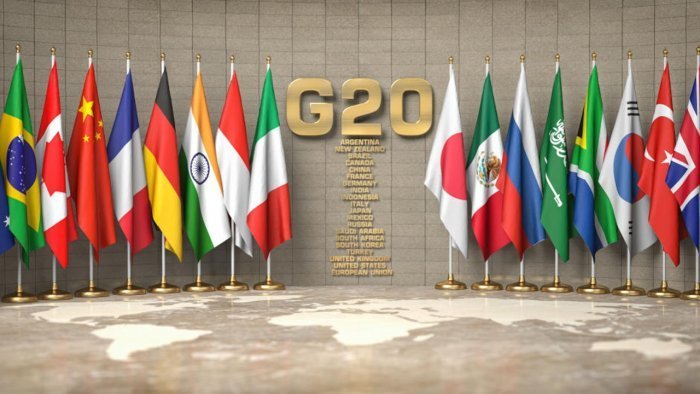
One of the crucial issues to be addressed is the need for increased loans to developing countries from multilateral institutions. An independent panel, led by economists Lawrence Summers and N.K. Singh, was formed in March to propose reforms to multilateral development banks, with a particular emphasis on increasing funding for sustainable development goals and climate change initiatives. The panel’s recommendations, which include a substantial increase in annual loans to developing nations, will be discussed during the meeting. This demonstrates a concerted effort by G20 nations to address the challenges faced by developing countries and provide them with the necessary financial support to foster sustainable growth.
Promotion of Debt Relief by G20 for Low-Income Countries
Debt relief for low-income countries will also be a key topic of discussion. The G20-led initiative known as the “Common Framework” aims to simplify and expedite the process of providing debt relief to overburdened nations. While progress has been made, countries like Zambia and Ghana are still awaiting significant relief. The finance ministers and treasury heads will work towards resolving the differences and finding effective solutions to help these countries manage their debt burdens. The goal is to create opportunities for climate financing and sustainable development by freeing up resources that would otherwise be allocated to debt repayments.
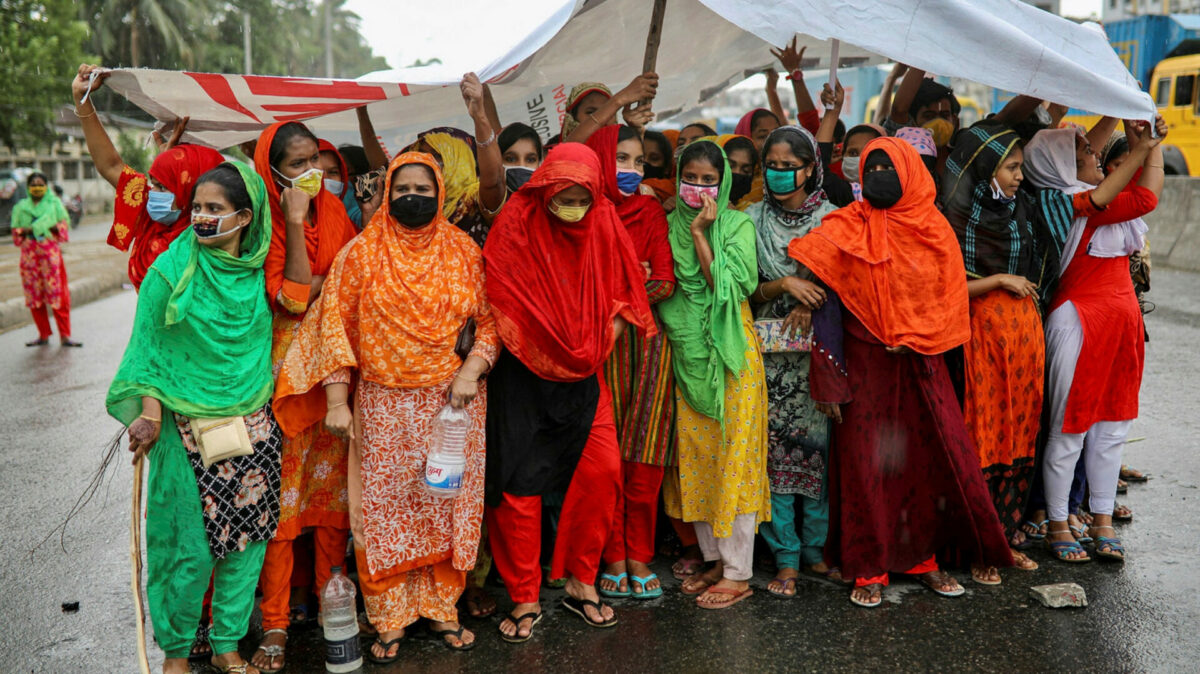
Regulation of Cryptocurrencies: Seeking Global Framework
Another critical issue that will be addressed is the regulation of cryptocurrencies. The finance leaders will attempt to reach an agreement on the principles and frameworks for managing cryptocurrencies within their respective jurisdictions. India’s Economic Affairs Secretary, Ajay Seth, has indicated that a globally coordinated framework for the regulation and supervision of crypto assets will be discussed during the meeting. This reflects the growing recognition among G20 nations that cryptocurrencies require a global approach to regulation, while allowing sovereign nations the option to implement bans if deemed necessary. The discussions in Gandhinagar will play a vital role in shaping the future regulatory landscape for cryptocurrencies.

Taxation of Large Multinational Companies: Seeking Common Ground
Additionally, the G20 will focus on the taxation of large multinational companies. The Organisation for Economic Co-operation and Development (OECD) has proposed a framework for addressing the key differences in taxation practices across countries. The G20 nations will engage in discussions to find common ground and establish a unified approach to taxation. In a recent development, the OECD has agreed to postpone the implementation of new tax rules for large multinational companies until 2025, providing more time to formulate a comprehensive and internationally agreed-upon framework.

Significance of the G20 Meeting: A Milestone in Global Economic Challenges
The upcoming meeting in India serves as a significant milestone in the G20’s efforts to address critical global economic challenges. By discussing and potentially implementing measures to increase loans to developing nations, reform the international debt architecture, regulate cryptocurrencies, and establish a multilateral agreement on taxing conglomerates, the finance leaders aim to create a more inclusive and sustainable global economy. As India takes the lead in hosting this meeting and subsequent leaders’ summit, the discussions and outcomes will have a lasting impact on the economic policies and trajectories of participating nations.
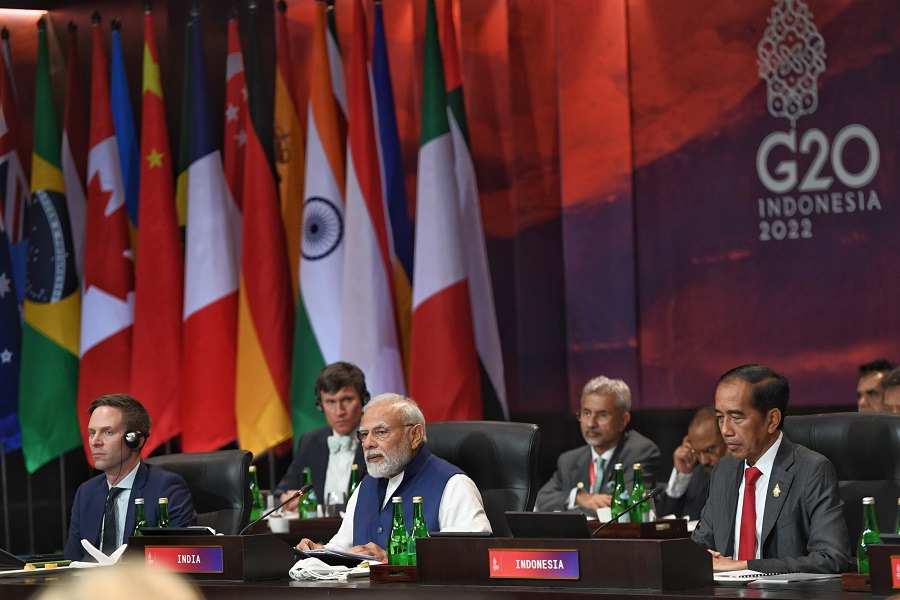
Refer Here: G20 to discuss international debt architecture, more loans to developing nations







